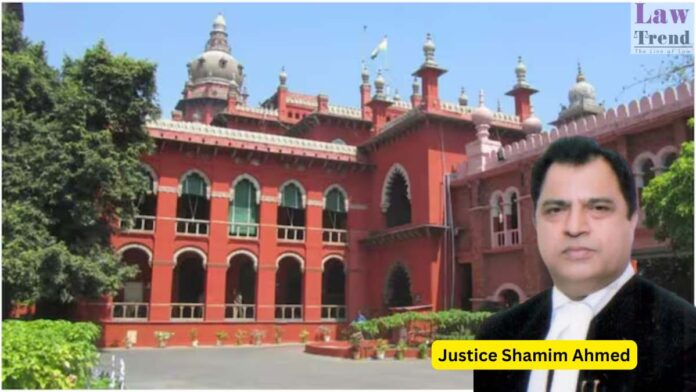The Madurai Bench of the Madras High Court, in a recent order, dismissed a petition seeking to condone a significant delay of 342 days in filing a criminal revision petition. Justice Shamim Ahmed, presiding over the case of K. Krishnasamy Pandian Vs. The State of Tamil Nadu, held that the petitioner failed to provide a
To Read More Please Subscribe to VIP Membership for Unlimited Access to All the Articles, Download Available Copies of Judgments/Order, Acess to Central/State Bare Acts, Advertisement Free Content, Access to More than 4000 Legal Drafts( Readymade Editable Formats of Suits, Petitions, Writs, Legal Notices, Divorce Petitions, 138 Notices, Bail Applications etc.) in Hindi and English.




